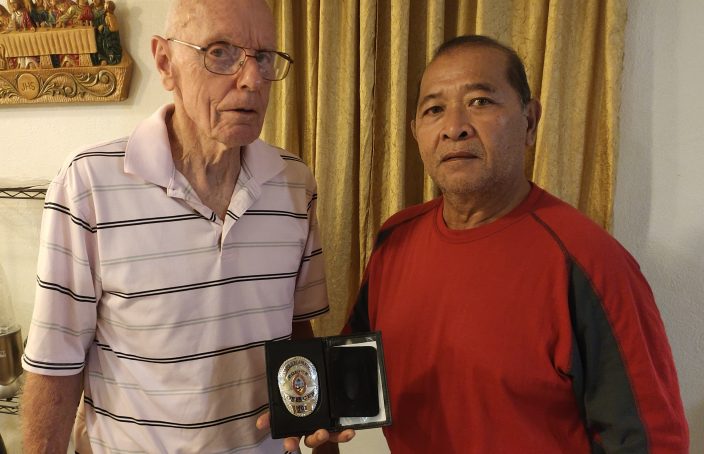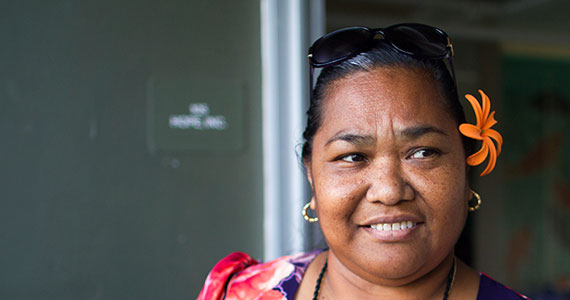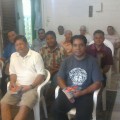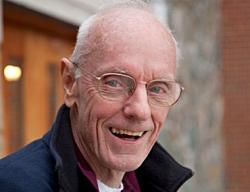Be Careful Who You call Heroes
“Heroes” is what the press in many places would often call them. In the Big Apple they often went by the name of “New York’s finest.” They are the men and women in uniform who serve our city, our island, our nation, in the eyes of Americans. These uniformed heroes included police officers along with firemen and members of the US military. In past months COVID-19 nurses and doctors have joined their ranks as well. All of them deserve the highest honor their fellow citizens can bestow on them, since they put their lives on the line to provide the security and comfort that we enjoy.
So went the line of thinking…at least before one of the policemen put a knee to the neck of George Floyd and an end to his life. The reaction was immediate–not just towards the policeman who killed Floyd, but toward the whole institution. The majestic tribute for police officers has ceased these days. Now the police force in many places is struggling simply to get the budget it needs to survive.
But can’t we admit that policemen make an important contribution to the general public? It’s not for nothing that they are called “public safety officers,” after all. At times they do this in mundane ways–by directing traffic or guarding the scene of an accident. At other times, in much more perilous ways–as when they’re collaring suspects on the streets or breaking into the house of a crime suspect. Sometimes, of course, the police can behave badly, either because they have been poorly trained or because they have been blinded by passion.
A badge might entitle the one who wears it to respect, but it should not absolve the wearer of all responsibility, praise or blame, for personal decisions. When we automatically apply a label like “heroes” to those with badges, we are coming uncomfortably close to blessing all their actions, noble or not. It’s hard to designate the profession as “heroic” without scattering this stardust over all the individuals who are part of it. A noble profession ennobles those who belong to it, and by extension it ennobles all they do. But here’s the rub: when they fail to perform up to standard, they can bring down their whole uniformed profession with them.
All this ought to remind us of another profession that was once blessed the same way: clergy. In the past people might not have described priests as heroes exactly, but they did use terms like holy, noble and blessed. There was no badge, but certainly a distinctive uniform–the black suit and roman collar. People tipped their hat to priests, asked for their prayers, and generally acknowledged them as superior beings.
Then came the sexual abuse crisis. Priests–those distant demiurges who had once received the reverence of all–were outed as sexual predators, according to those who embraced the simplistic “all or none” view. Some of the clergy took advantage of young people under their charge, we learned. Not really a greater percentage of them than, say, doctors or lawyers or other professionals–but the priests became tagged as child molesters. The label stuck to them (or should I say “us”) in a way it would never stick to teachers or athletic coaches or even camp counselors.
That’s the trouble. When a profession is tagged as noble and its members are called “holy” or “heroic,” the bar is set unrealistically high. This in itself might not be so bad, but the consequences can be disastrous. At first the actions of the individuals or the policies of the group can be immunized from criticism and the judgment that should hold all of us accountable for what we do. Then, when the failures of individuals to live up to these Olympian standards come to light, they can take down the entire profession.
So let this be a warning to all you military, firemen and COVID-19 responders out there. You might enjoy being called heroes now–and you may well deserve the acclaim–but you’re running some serious risks. If some of you disappoint the public, the stardust that once transformed public servants into an untouchable caste may mutate into a toxic powder that poisons your entire force. When Olympus crashes, it takes the whole occupation with it. Such is the danger of reverencing uniformed people as heroes.






